Services
Home » Services
We believe everyone deserves care.
At Monroe Community Mental Health Authority, we believe a person’s inability to pay should not determine their level of care. Our services are open to anyone with a mental health or substance use diagnosis, regardless of insurance or ability to pay.

Child and Family Services
Monroe Community Mental Health Authority is here to support youth and their families with specialized family driven, youth guided services. Our programs are designed to provide evidenced based practices, to promote overall wellness and nurture the mental health of the individuals we serve. We strive to work together in hopes to develop a trusting relationship to enrich the lives of the whole family. Our role is to advocate and encourage growth, independence and stability as you engage in mental health treatment.
Adult Services
Adults experiencing serious and persistent mental illness will receive tailored support to meet their needs at Monroe Community Mental Health Authority. Our programs offer individualized care, guidance and recommendations to suit your treatment needs, along with providing appropriate resources to assist you in achieving your treatment goals.


Substance Use Services
At Monroe Community Mental Health Authority, we recognize that substance abuse is a disease, and like many diseases, it is treatable. Our dedicated team combines evidence-based treatments, counseling, and support through assessment and referral to the most appropriate level of care.
Critical Incident Stress Management
Monroe Community Mental Health Authority offers vital critical incident stabilization services, ensuring prompt and effective mental health support to first responders and others who have been involved in critical incidents that leave them emotionally and/or physically affected. We work with each individual to help them prepare to continue to perform their job and/or return to their normal lifestyle.

